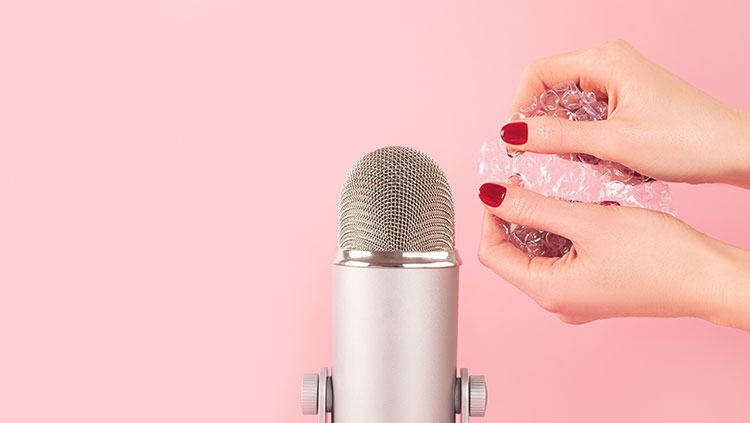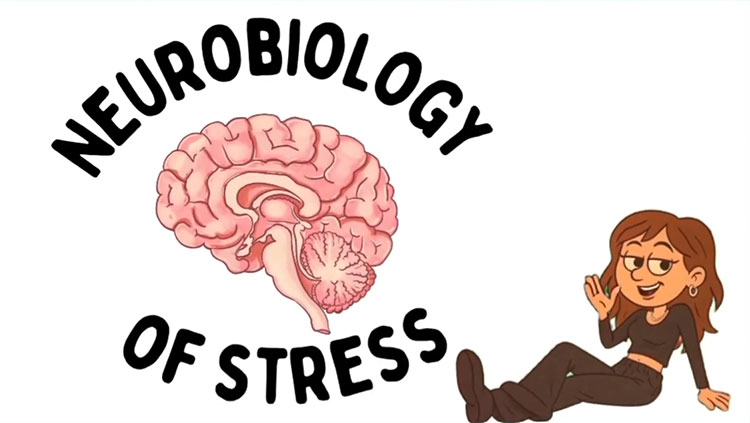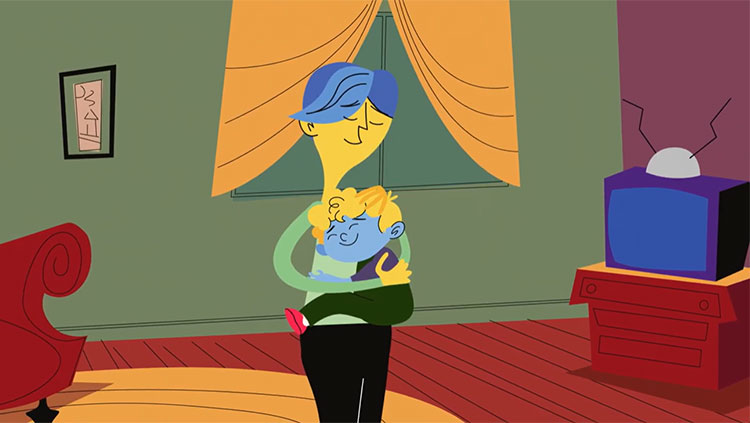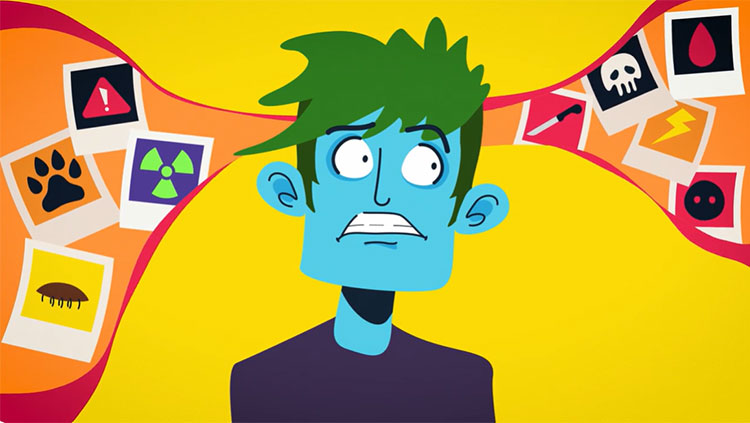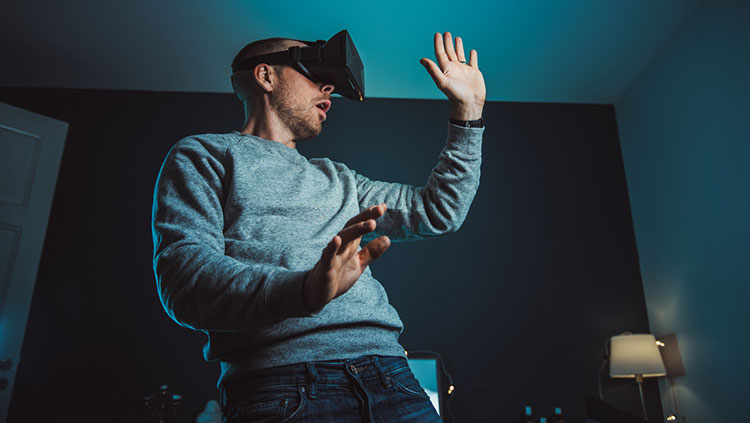For some people, soft sounds and gentle touches trigger pleasant tingles in the scalp and neck — a sensation known as ASMR, or autonomous sensory meridian response. Scientists are learning what happens in the brains of people who experience ASMR.
Storyboard and animation produced by Midnight Snacks for BrainFacts.org.
Scripting by Chia-Yi Hou.
Editorial Production by Tristan Rivera and Juliet M. Beverly.
Scientific Review by Craig Richard.
CONTENT PROVIDED BY
BrainFacts/SfN
Transcript
[Whispers] Gentle whispers in your ear, fingers tapping [soft tapping] softly on a table, light touching of your hair [light brush] … if these moments give you tingles [exhale] on your scalp and neck, you’re having an autonomous sensory meridian response [flickering lights], known as ASMR [woosh].
It happens in response to gentle stimuli during a moment of positive, personal attention. People who experience ASMR [illuminating jingle] may feel a pleasant, calming “tingling” sensation on their scalp and neck [woosh]. But not everyone has this experience, and people react differently to different ASMR triggers.
During ASMR, [swish] various parts of the brain increase in activity [illuminating jingle]. These areas include regions for processing rewards and emotional arousal, like the nucleus accumbens and insula. Another specific area that can also get activated is the medial prefrontal cortex, which is involved in processing social behaviors and emotions [indistinct chatter].
Scientists aren’t quite sure why some people experience ASMR and others don't. Perhaps, there are differences in how brain regions [woosh] are connected, or differences in the number and sensitivity of cells across our brains. But whether you get the tingles or not, you may still enjoy the soothing nature of ASMR triggers.
[Light splash, swoosh, light splashing]
What to Read Next
Also In Emotions, Stress & Anxiety
Trending
Popular articles on BrainFacts.org


